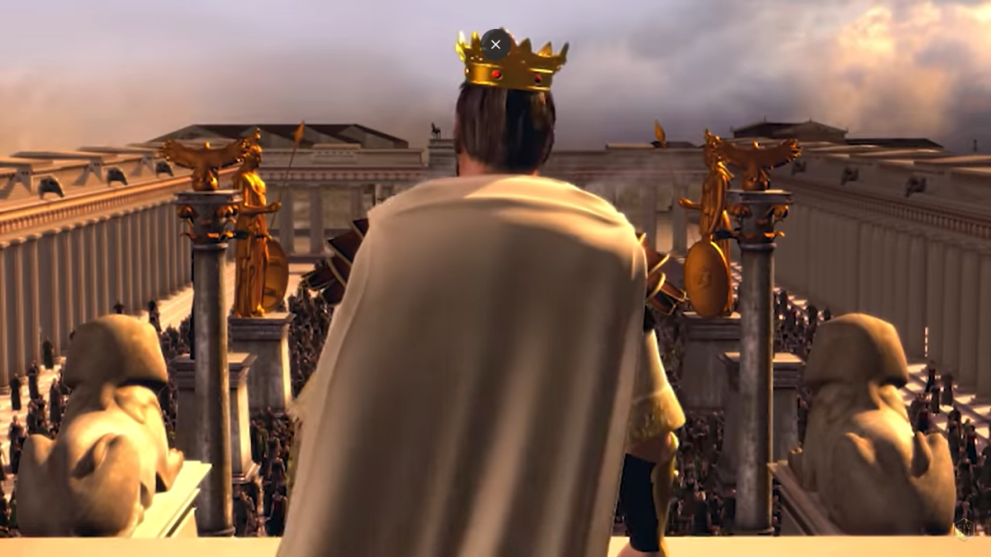Civilization 7 is launching next year, bringing the addictive fun of civic policies and the surreal hilarity of Gandhi threatening to nuke everyone with alarming regularity to modern PCs and consoles. While the game was first announced earlier this year, Gamescom Opening Night Live revealed some crucial new information about the game. Here’s everything you need to know about Civilization VII’s Age System.
How Civilization 7’s Age System Works
As with previous entries in the franchise, Civilization tasks you with growing a civilization over history. However, previous games have seen history split into distinct eras. Following Civilization 6’s nine eras, stretching from the Ancient Era all the way to the Future.
Civilization 7 simplifies this by grouping different eras together into distinct ages.
- The Antiquity Age
- The Exploration Age
- The Modern Age
Each age comes with its own unique goals. For example, the Antiquity Age has a strong focus on forming the foundations of a civilization, bringing agricultural societies together into bustling cities. The Exploration Age has a focus on expansion, exploring the map in search of new commodities. Meanwhile, the Modern Age has a strong focus on technological advancement.
It isn’t clear at the moment just how long each age will stretch. A safe bet would see the Antiquity Age encompass Civilization 6’s Ancient and Classical Eras, while the Exploration Age will cover the Medieval and Renaissance periods. The Modern Era, meanwhile, would cover everything past the Industrial era.
Era-Appropriate Civilizations
Each era comes with unique civilizations you can play. The intent of this decision is balance. Previous games put modern civilizations at a distinct disadvantage in ancient times, and vice versa. For example, America is a staple of the franchise, but gained many of its unique features late in the game.

By splitting civilizations across distinct eras, there’s a stronger focus on historical accuracy, while ensuring that every civilization remains competitive regardless of the time period.
Helping to maintain balance, each era comes with its own unique technologies and features. While previous games have allowed players to gain a significant advantage by putting their efforts into researching specific technologies, now it’s impossible to progress too far ahead of the competition.
While civilizations are specific to each era, rulers can be assigned to any civilization, bringing their own unique perks and personalities.
At the end of each era, every ruler will select a new civilization to lead. As such, Hatchepsut can begin the game in the Antiquity Age ruling her real-life civilization, Egypt, and eventually progress to leading America.
Is this more historically accurate? Well, yes and no. While it does mean that there are no shenanigans, such as certain civilizations lagging behind or having access to more advanced technology, it might annoy some purists to see Winston Churchill lead Babylon. As such, while some aspects of the game are now more accurate than ever before, it has added some new, albeit relatively minor, inconsistencies.
Not sure what to expect from Civilization? Check out what we thought about Civilization 6! And why not check out everything else that was announced at Summer Games Fest?
